The RRM Difference
Restorative Reproductive Medicine (RRM)
“After over a year of trying and a miscarriage, it just felt like there was no hope and no way out of this situation.
It seemed like there was no solution, that I would always be sick, and that we would never get to hold any of our
children in this life.”
I've had reproductive issues since my teenage years, and after 12 years of talking to doctors about it, nothing was ever really done. I met with a prominent reproductive endocrinologist before finding RRM, and I remember just feeling so hopeless after that conversation. I sat on my back porch, and I cried and I called a friend. They consoled me, and I remember sitting there and thinking, ‘One more doctor's appointment, I'll meet with one more doctor and then that's it, that's all I can do.’ That next meeting was with Reply, and it changed my life. Not only was I able to conceive and carry my daughter to term, but I had several major health issues which were discovered and treated. My quality of life and the quality of life of my husband have improved so drastically through this process. Working with a practitioner in restorative reproductive medicine was one of the single best things we've ever done for our health.
I had never heard of RRM before working with Reply. It was a shock because I had been a high school biology teacher and was pre-med at a prominent local university, but no one had ever talked about a method which uncovers the underlying diseases causing infertility. Working with Reply was amazing because for the first time I had practitioners I felt like I could trust. I had experienced very negative encounters with ob/gyns over the years—my symptoms had not been believed, and by this point I had really given up on the idea that anyone wanted to fix what was wrong with me or that anyone knew how. When Reply explained that my menstrual cycle was a vital sign and an indicator of my overall health, it was so clear and naturally scientific, I was shocked I had never heard that before. Having a health coach was super helpful because I needed the emotional support as well as the accountability to really make progress on overall healthy goals. I never felt abandoned with Reply, I never felt like I had been forgotten, and I knew they actually cared about my desire to become a mother. When I found out I was pregnant, it was incredible to call them and celebrate. They were some of the first people I sent baby photos to. Reply changed my life forever.”
-- Rose W.











